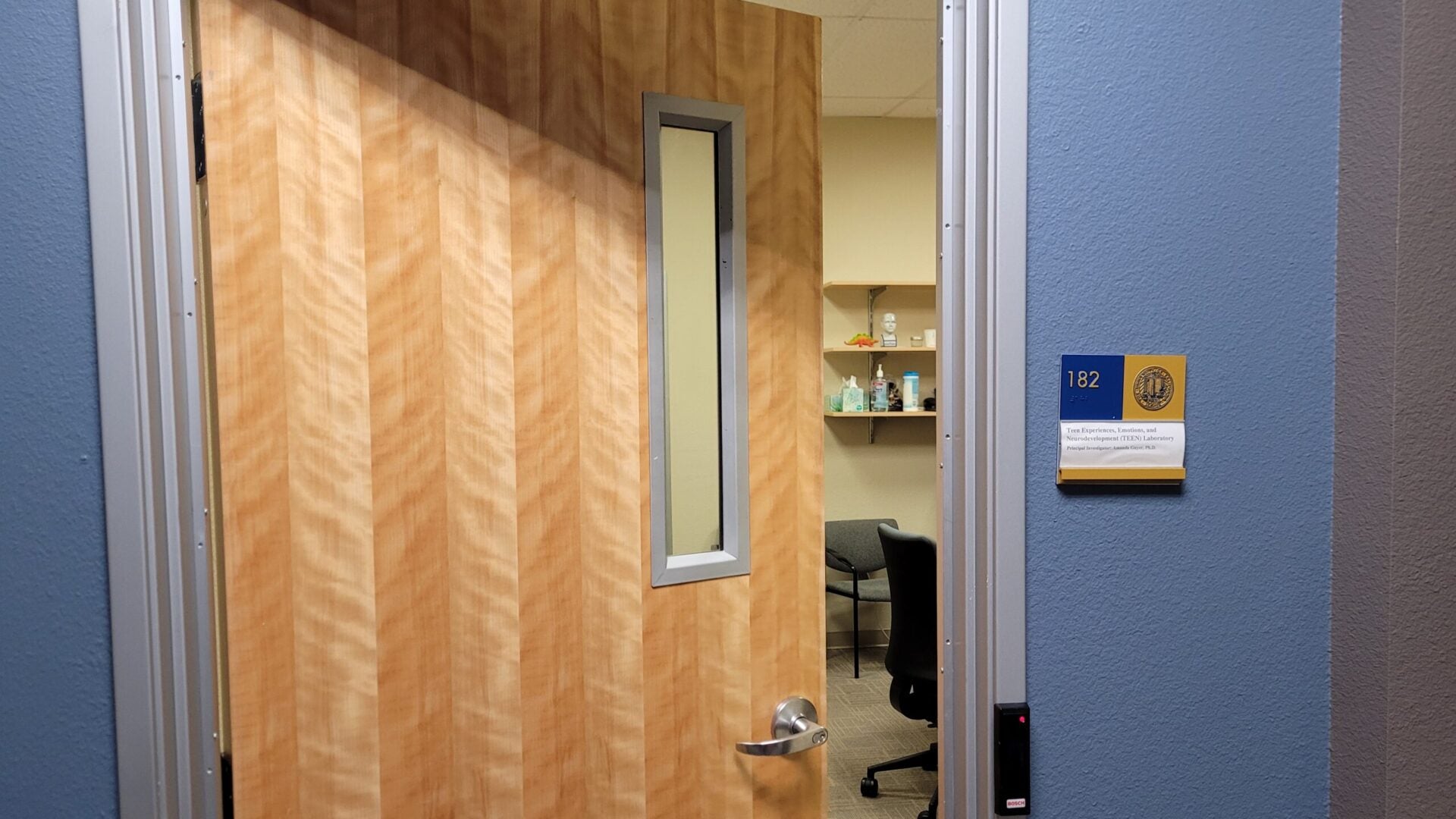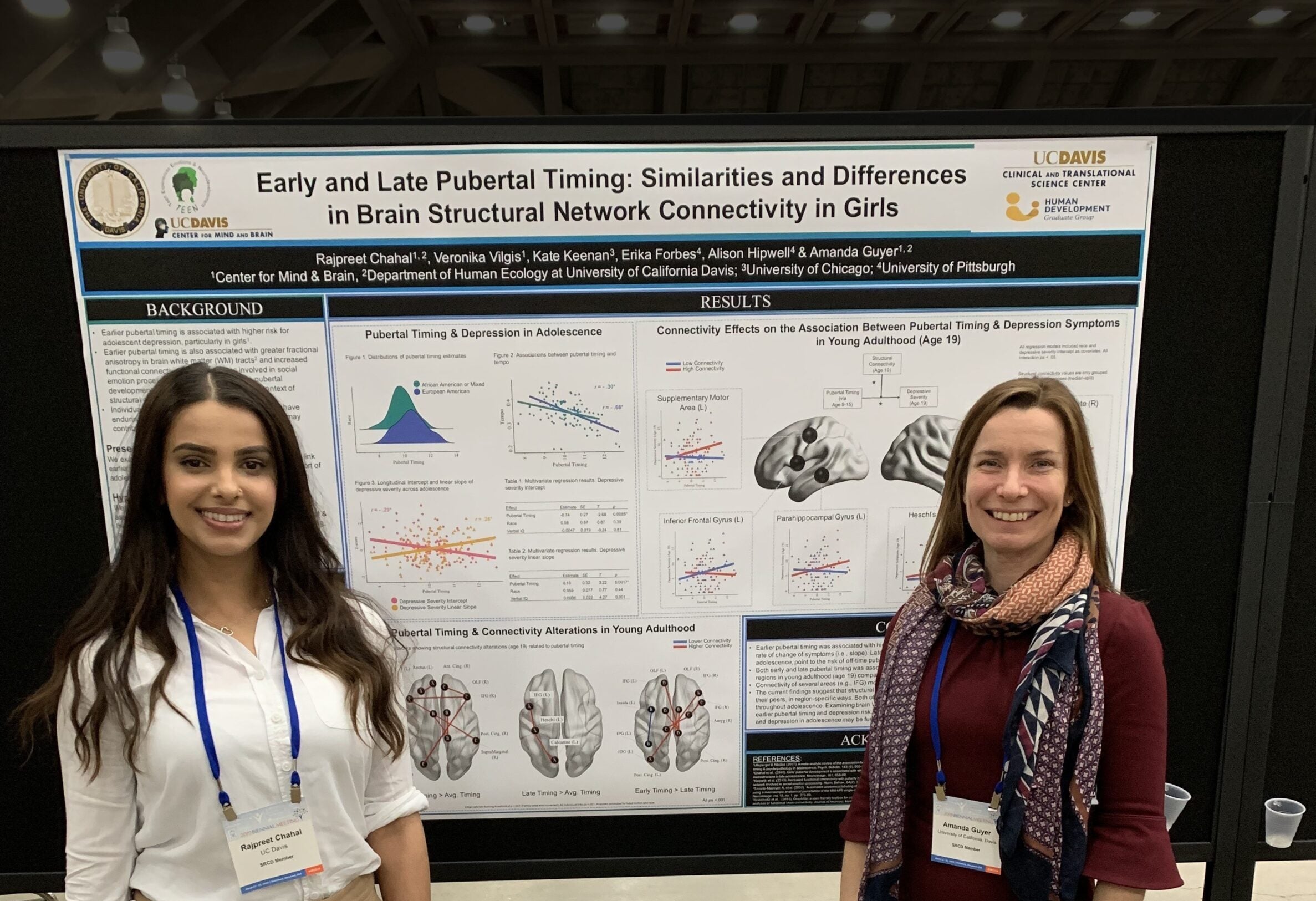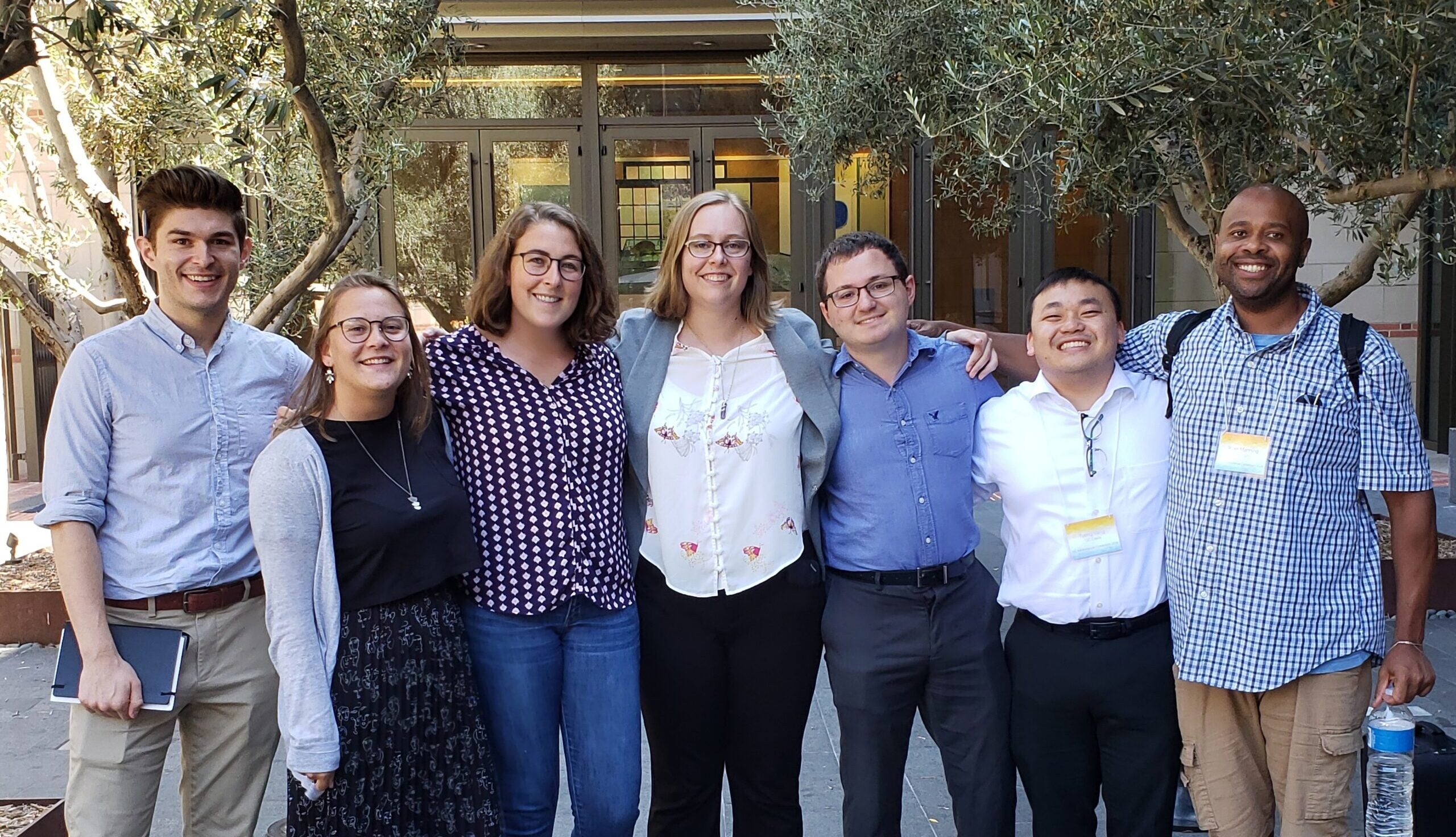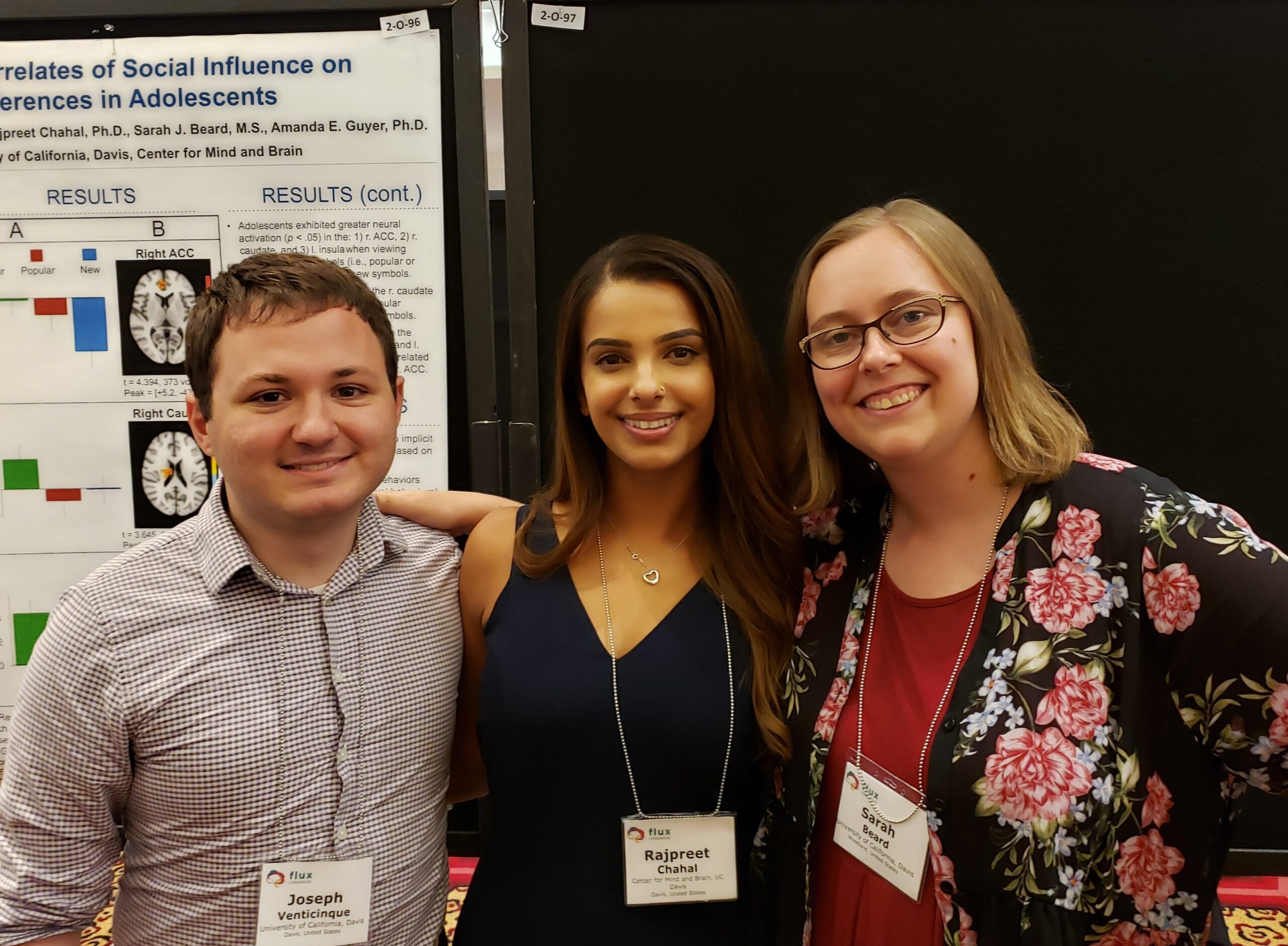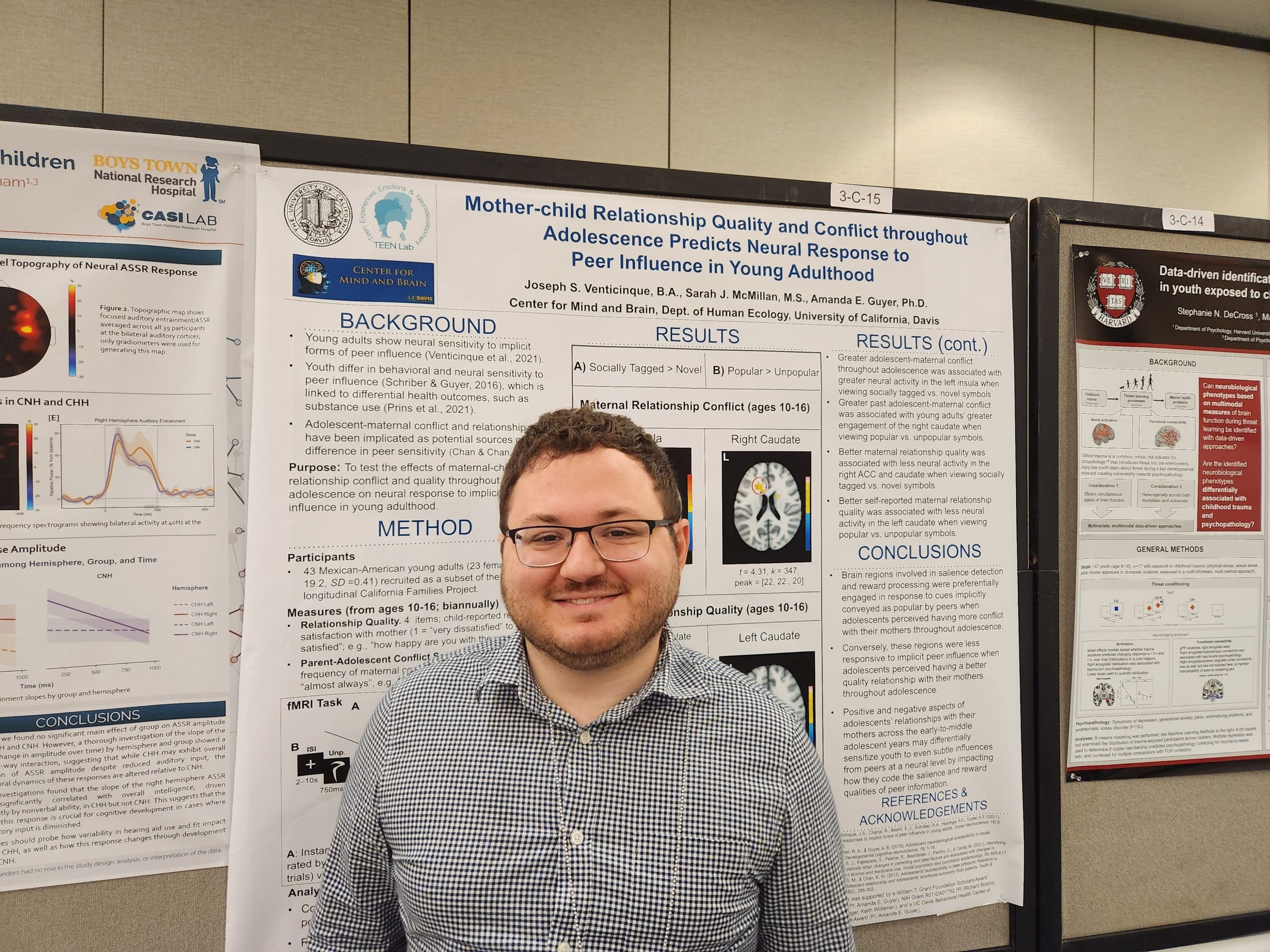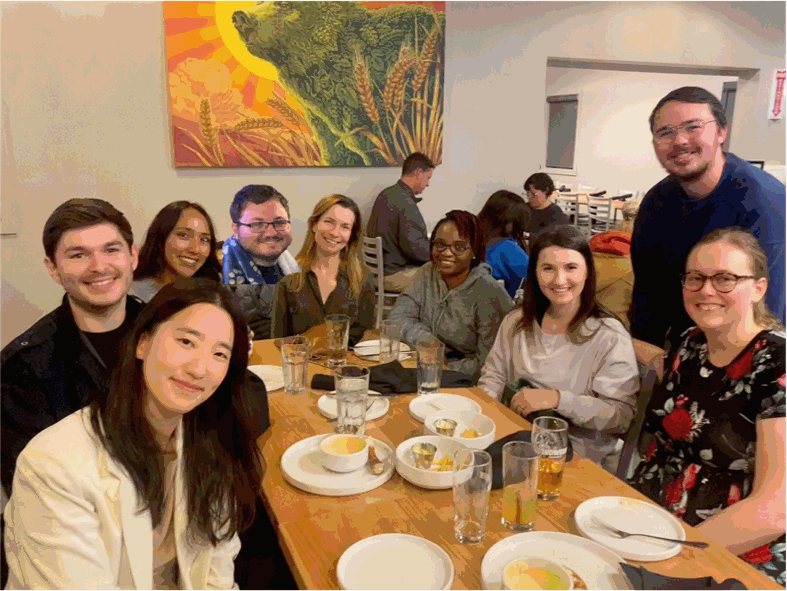Funded through a William T. Grant Foundation Scholars Award, this project is designed to examine relationships among parenting characteristics, peer relationships, brain function, and risk for substance use. This work draws on the California Families Project (PIs: Rand Conger, Rick Robins, Keith Widaman) at UC Davis, which is a 10-year, prospective, longitudinal study of risk and resilience to substance use in adolescents from over 650 Mexican-origin families. We are recruiting a subset of adolescents aged 15-16 years old from the parent CFP project and administering neuroimaging scans and behavioral tasks to study neural and behavioral correlates of reward processing and risk-taking in relationship to the development of substance use. In collaboration with Paul Hastings (UC Davis), we will be collecting psychophysiological (e.g., heart rate, skin conductance) data during a series of emotion regulation, cognitive flexibility, and risk taking tasks. Our goal with this project is to assess brain function as a measure of biological sensitivity to positive and negative social contextual influences to identify those at greatest risk for or most resilient to substance use problems at an age when substance use increases dramatically.
This study takes place at the Imaging Research Center (IRC) in Sacramento. Click here for more information about MRI. Click here for directions to the IRC.
